Photo: Lockheed Martin.
US President Donald Trump responded to questions about providing additional Patriot interceptor missiles to Ukraine with a single, vague word: “Maybe.”
With Kiev needing more help to bolster its defenses, Mr Trump’s response has raised questions about the future of US military aid to Ukraine and the broader implications for NATO and global security.
The Patriot air defense system, developed by Raytheon and fielded by the US Army since the 1980s, remains one of the most advanced platforms for countering airborne threats.
In Ukraine, Patriots have been operational since early 2023, supplied by the United States, Germany, and the Netherlands. However, the high cost of the PAC-3 MSE missiles, estimated at $4 million each, and limited production capacity have strained Ukraine’s ability to maintain its defenses.
Trump’s ambiguous response to the question of Patriot missile deliveries comes at a pivotal moment in the Russia-Ukraine conflict. Russian forces are stepping up their air operations, and Ukraine has urgently requested more interceptors. His hesitation reflects the complex interplay of strategic, diplomatic and domestic considerations that could shape the trajectory of U.S. support for Kiev.
Photo: TWZ.
Mr Trump has previously expressed skepticism about unlimited aid, insisting that European allies shoulder more of the burden. His June 25 remarks at the NATO summit in The Hague, where he noted that Patriot missiles were “very hard to come by,” underscored the competing demands for such systems, especially since the US has also supplied them to Israel in recent conflicts.
The decision to provide additional missiles involved weighing the risk of depleting the U.S. stockpile against the strategic imperative of supporting Ukraine. The U.S. military maintains a limited number of PAC-3 MSE missiles. Providing additional Patriots to Ukraine could undermine U.S. readiness for other global contingencies, a concern Trump has raised in discussions about balancing commitments to allies like Israel and NATO partners.
The lack of support risks undermining NATO’s ability to defend Ukraine and its eastern flank. European allies including Germany and the Netherlands have pledged additional Patriot systems, but their contributions are limited by their own arsenals. Mr. Trump’s noncommittal stance may reflect an effort to pressure NATO members to increase defense spending, a frequent theme of his foreign policy, or to maintain leverage in potential negotiations with Russia.
Photo: TWZ.
Mr Trump’s answer had deeper implications, reflecting the deliberate ambiguity that characterizes his approach to international relations. By avoiding firm commitments, he maintains flexibility, leaving allies and adversaries alike guessing about his intentions.
This tactic is not new. In his first term, Donald Trump used similar ambiguity when talking about North Korea, threatening “fire and fury” and then pursuing diplomacy. His 2019 decision to halt deliveries of F-35s to Turkey over its purchase of the Russian S-400 system also used uncertainty to pressure Ankara, ultimately reshaping NATO’s dynamics in the region.
The lack of clarity from Washington complicates Ukraine’s strategic planning, forcing the military to allocate existing interceptors and prioritize high-value targets like Kiev and Dnipro. For Russia, Mr Trump’s stance could be interpreted as a signal of wavering US resolve.
At home, Mr. Trump’s response is to a divided electorate. Those who support continued aid to Ukraine, including many Republicans in Congress, argue that bolstering Kiev is necessary to counter Russia. By contrast, some favor an isolationist approach that prioritizes domestic issues over foreign conflicts. By not committing, Mr. Trump is conserving political capital as he approaches the 2026 midterm elections.
The distinction between rhetoric and policy is important. Trump’s “maybe” may not prevent the delivery of Patriot missiles, but it shapes perceptions in Kiev, Moscow, and NATO countries. As Ukrainian President Zelensky noted in his June 25 speech to the Dutch parliament, the psychological toll of uncertainty is taking a toll on Ukraine’s morale and its ability to plan for its long-term defense. Whether it is deliberate diplomacy or hesitation, Donald Trump’s ambiguity shows the fragility of the transatlantic alliance at a time when unity is paramount.
TD
Source: https://baothanhhoa.vn/dang-sau-quan-diem-cua-ong-trump-ve-cung-cap-ten-lua-patriot-cho-ukraine-253506.htm


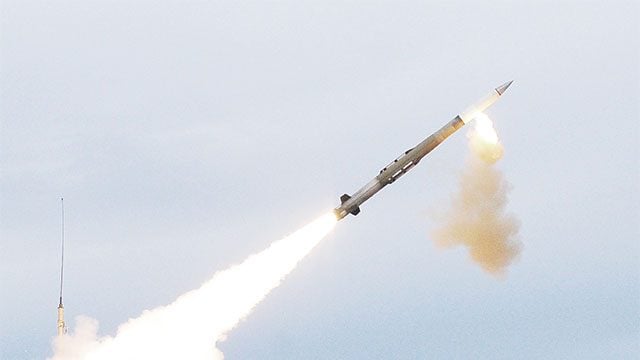
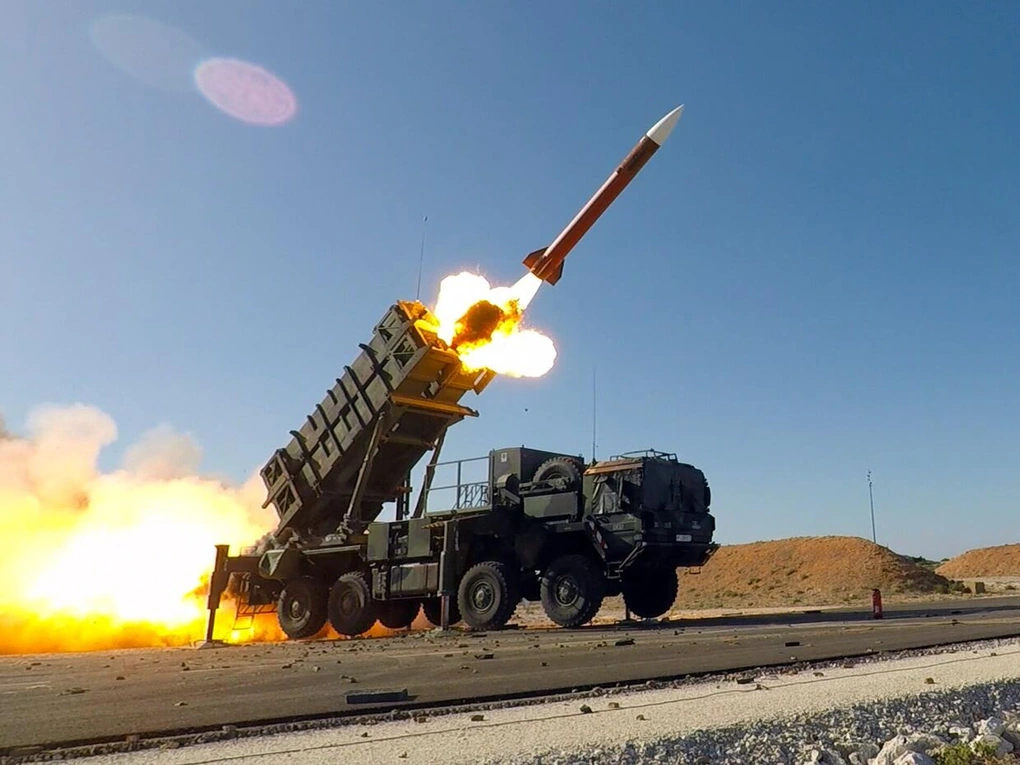
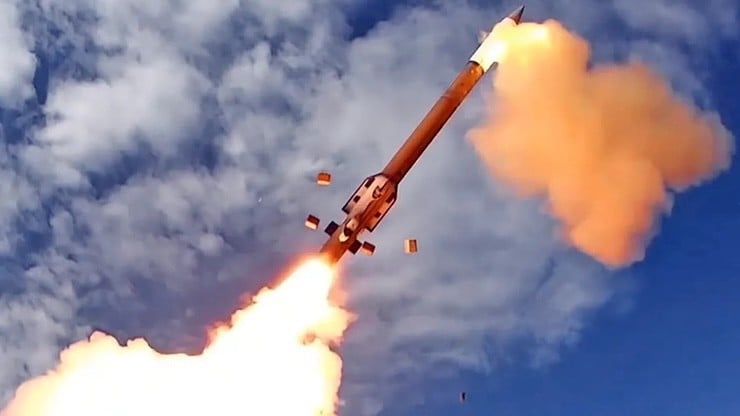








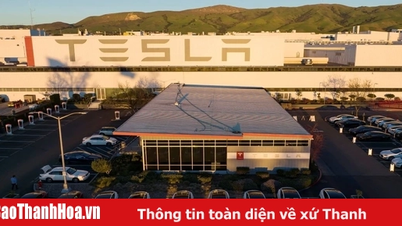
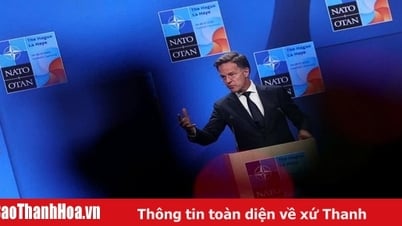
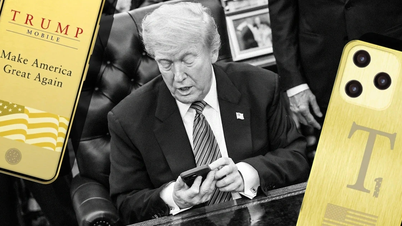

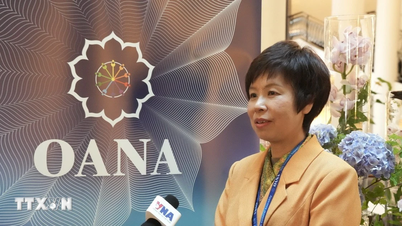



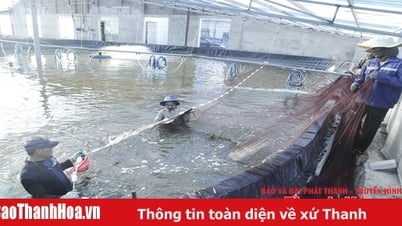




![[Photo] Young people flock to Y Ty to escape the heat and hunt for white clouds in the vast Northwest mountains](https://vphoto.vietnam.vn/thumb/402x226/vietnam/resource/IMAGE/2025/6/29/a193746bde2e448788e10a3fa328b07c)








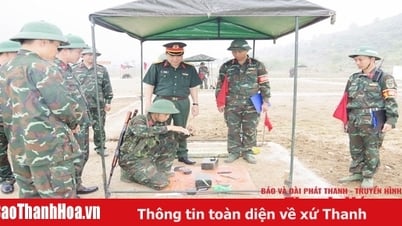
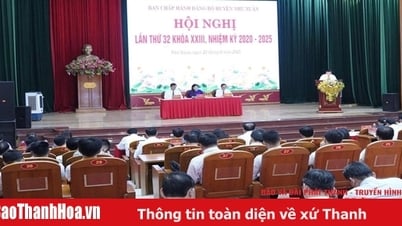
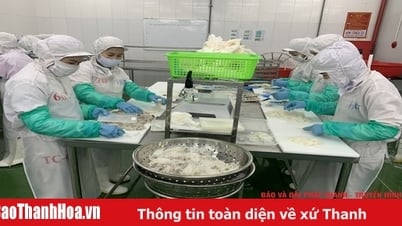

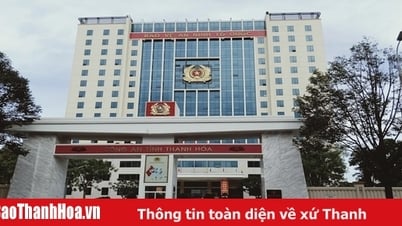

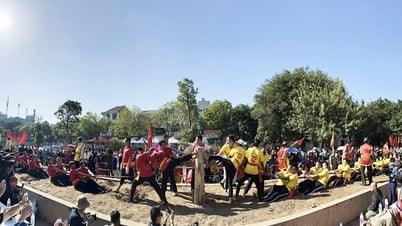

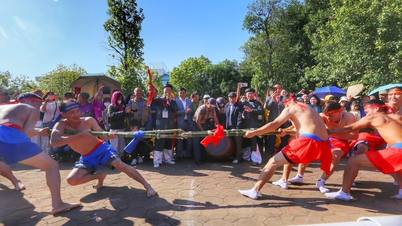



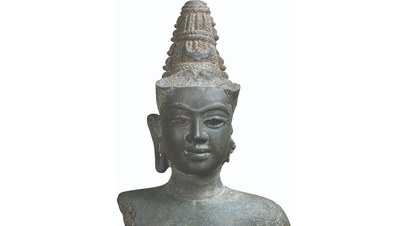










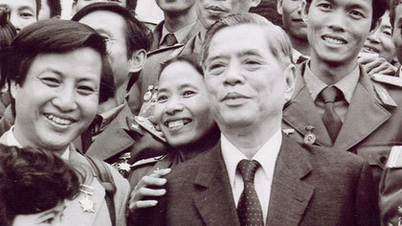




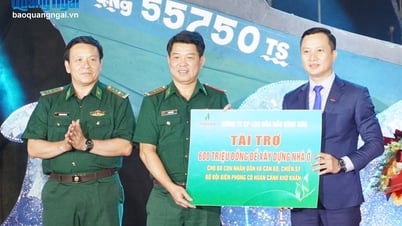


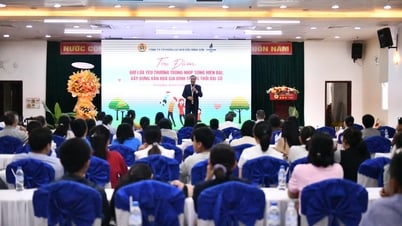

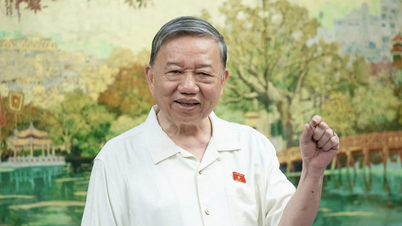

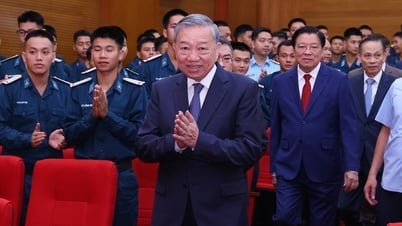


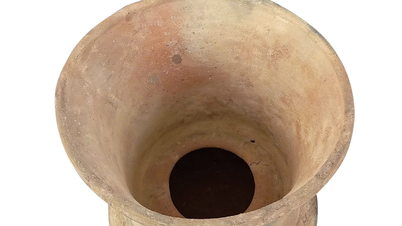



![[Infographic] Circular guiding the functions, tasks and powers of the provincial Department of Culture, Sports and Tourism and the commune-level Department of Culture and Social Affairs](https://vphoto.vietnam.vn/thumb/402x226/vietnam/resource/IMAGE/2025/6/29/877f24989bb946358f33a80e4a4f4ef5)

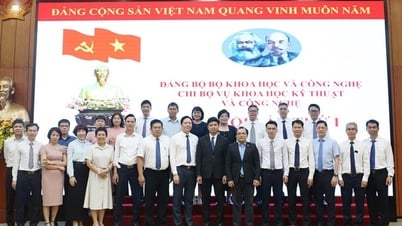
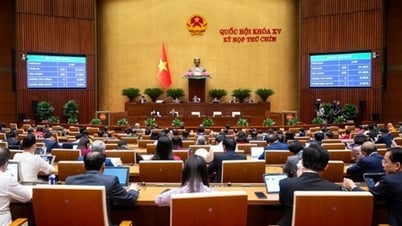
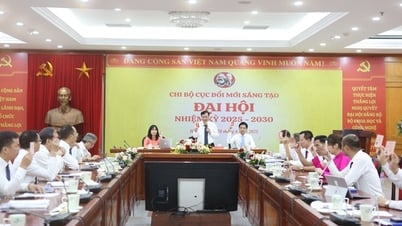





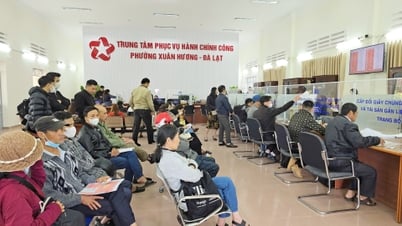
















Comment (0)